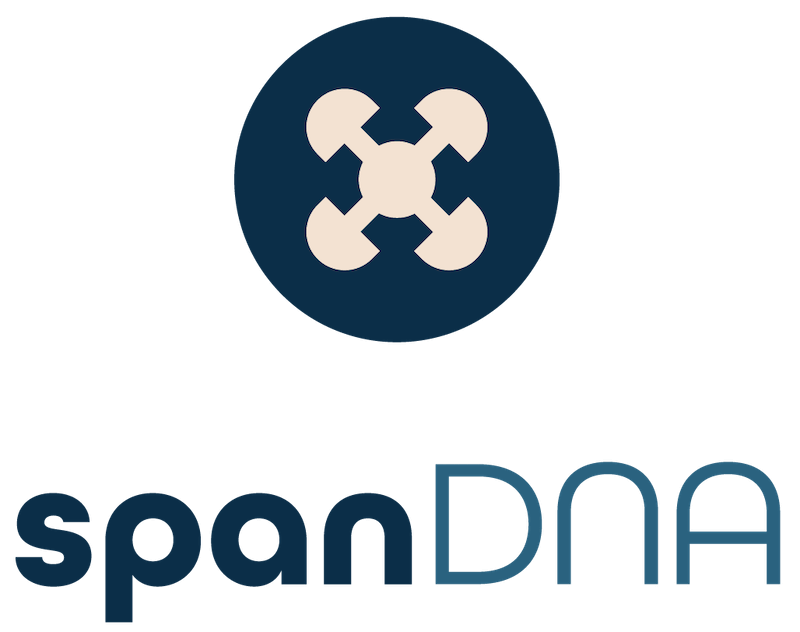The Rich Tapestry of African Heritage
How DNA Testing is Illuminating Our Diverse Ancestral Backgrounds
The African continent is home to a vast array of cultures, languages, and historical narratives. For many people of African descent, understanding their unique ancestral roots has been a challenging endeavor due to the lasting impacts of colonization, the transatlantic slave trade, and other forced migrations. However, recent advancements in genetic genealogy along with increased availability, have offered a powerful tool for tracing one’s ancestry and illuminating the rich tapestry of African heritage. In this article, we’ll explore how DNA testing has become a game-changer in unraveling the diverse ancestral backgrounds of people of African descent and how it can empower individuals to reclaim some aspects of cultural identity.
The Power of Genetic Genealogy
Genetic genealogy combines traditional genealogy research with DNA testing to uncover a person’s ancestry and their familial connections. Through the analysis of specific regions of DNA inherited from both maternal and paternal lines, genetic genealogy can provide insights into an individual’s ethnic origins and migration patterns over time. This has become particularly significant for those of African descent, as it helps piece together complex ancestral histories that have been obscured over time by various forces and circumstances.
I was amazed to see how LivingDNA was the only testing company able to accurately zero in on our family’s known ethnic origins unlike any other test taken by over one dozen members of my Ghanaian family who also tested with or transferred results to 23andMe, MyHeritage, AncestryDNA and FamilyTree DNA. On the other hand, the ability to get detailed insights into migration patterns, haplogroups and DNA matches is invaluable if you seek this kind of information. The wonderful people at Your DNA Guide provide wonderful training, webinars, and resources. For instance, which DNA tests meet your objectives? AncestryDNA’s vast number of DNA matches opened many doors to previously unknown links between known family members from Ghana and relatives of African descent in the Americas, Australia, and Europe. But learning about Y DNA and mtDNA specific tests helped me to come up with a family DNA testing plan to learn more and connect with insights about our distant past while connecting with more maternal and paternal DNA matches and history.
Unraveling the Complexities of African Ancestry
Africa is home to over 3,000 distinct ethnic groups and more than 2,000 languages, making it one of the most diverse continents on the planet. However, the transatlantic slave trade and other forced migrations have led to a complex web of intermingled ancestral lineages for African descendants. DNA testing can help unravel this intricate tapestry by identifying specific ethnic groups, regions of origin, and even migration patterns, allowing individuals to better understand their unique heritage. If you have recent and known family from Ghana and other African nations, contact SPANdna to join our initiative to connect Africans with their relatives in the Diaspora resulting from the Transatlantic Slave Trade, other forced migrations, and various circumstances to be discovered.
African Ancestry in Action
Genetic genealogy companies that specialize in African ancestry have seen numerous success stories, where clients have discovered previously unknown connections to their ancestral roots. From reuniting long-lost relatives to uncovering the histories of specific ethnic groups, these cases demonstrate the power of DNA testing in illuminating the diverse backgrounds among people of African descent.
Ethical Considerations and the Future of Genetic Genealogy
While genetic genealogy has the potential to empower individuals and reconnect families, it is essential to consider the ethical implications of DNA testing. Ensuring that client privacy is protected, and data is used responsibly is critical to maintaining trust in the industry.
The rich tapestries of African heritage are vast and diverse, with histories that, at times, have been difficult for many to untangle when oral traditions have not been passed down, written documentation may be limited, inaccessible or unavailable. DNA testing has become an essential tool for shedding light on the ancestral backgrounds for those of African descent. As we continue to advance our understanding of genetics, it is vital that we prioritize ethical practices and responsible data use to ensure that the transformative potential of genetic genealogy is realized for all who desire its benefits.
*Affiliate links are included in this blog. This means that I may earn a small commission, at no additional cost to you, if you click on these links and make a purchase. This helps support the content I provide here and allows me to continue delivering valuable information to you. Thank you for your support.
